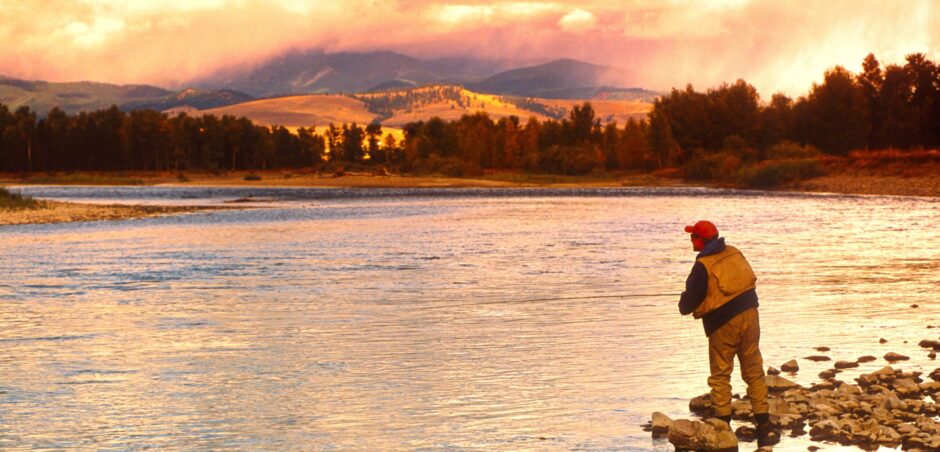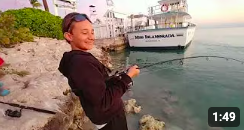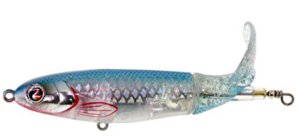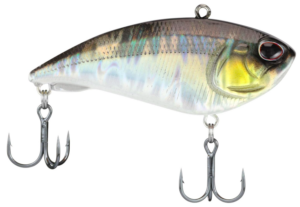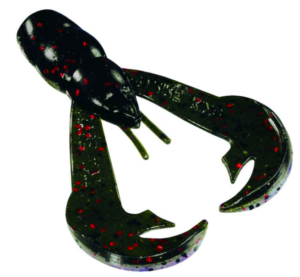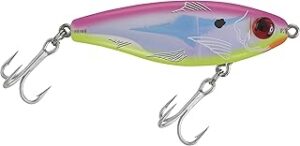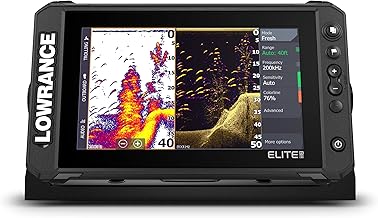So you want to get started into fly fishing, but you’re not sure how to go from the reel to the fly. It’s much different than typical rod and reel fishing, but not that difficult once someone shows you. Let’s get started in order from your fly reel to the actual fly.
Backing
This is the first layer of line that you will attach to the reel. Backing is usually made of dacron. It is a high strength material and this is your last line of defense if you have a big trout or saltwater fish trying to spool all of your expensive fly line. The type of fish you’re fishing for will dictate how much backing and what pound test line to use. Most anglers use 20 to 30 pound test line for their backing.
Fly Line
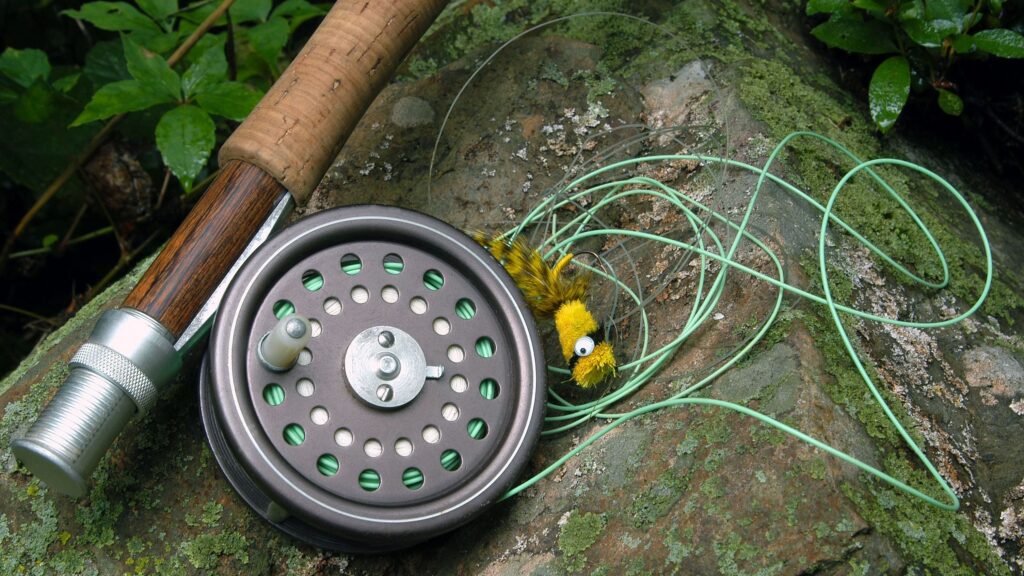
The fly line is the bulky line that is so easily noticeable when you watch someone casting a fly while fly fishing. You will connect the fly line to the backing with a albright knot or nail knot.
Butt Section
The butt section is a large diameter piece of fly line that attaches to your fly fishing line. and it’s usually a foot or two in length. The butt section is used so you only have to tie the nail knot one time. You could tie the leader directly to your fly line, however, you would be gradually eating away the end of your expensive fly line each time you changed your leader.
Leader
The leader is a tapered piece of monofilament line that starts as heavy as 40 pound line and goes down to line as light as 4 to 6 pound line. The tapered line allows it to flow off the reel and out of the eyes of your rods smoothly.
Tippet
Some anglers don’t use a tippet, but the tippet would go next. Many anglers make the tippet lighter than the leader. If you get a snag, the idea is that you would lose your tippet, but not your leader.
Fly

Tie your fly to the tippet or leader and you are all set.
